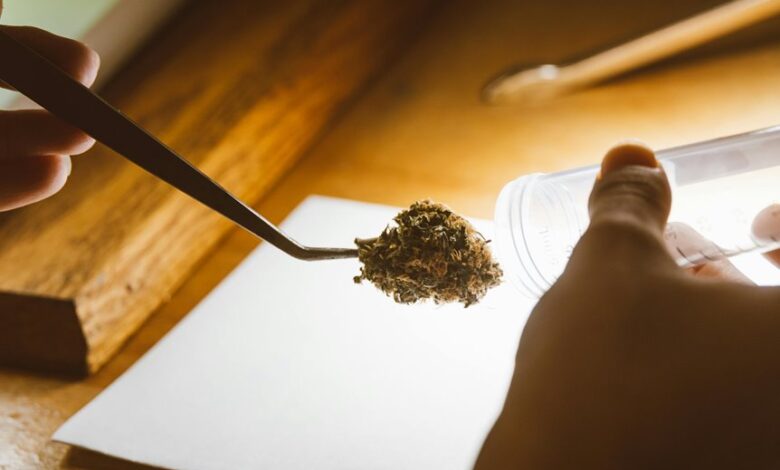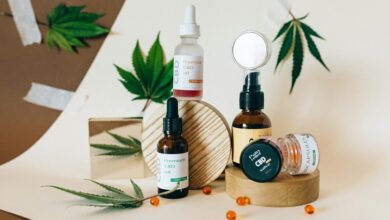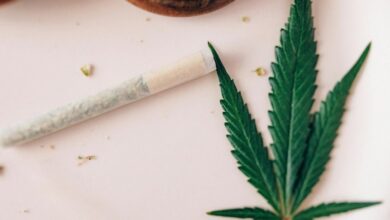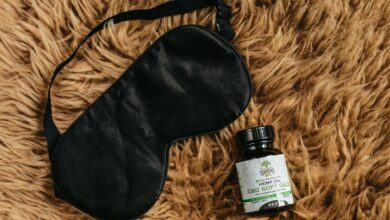Does Cbd Pop up on a Drug Test

The relationship between CBD consumption and drug testing results raises important questions. While CBD itself is non-psychoactive, some products may contain trace amounts of THC, which can lead to positive drug tests. Understanding the differences between full-spectrum and broad-spectrum CBD is crucial for consumers. The implications of these distinctions can significantly affect test outcomes. What factors should individuals consider when choosing CBD products to avoid unexpected results?
Understanding CBD and THC: The Key Differences
Cannabidiol (CBD) and tetrahydrocannabinol (THC) are two prominent compounds found in the cannabis plant, each with distinct properties and effects.
CBD benefits include anxiety reduction and anti-inflammatory properties, making it popular for therapeutic use.
In contrast, THC effects are psychoactive, leading to altered mental states and potential euphoria.
Understanding these differences is crucial for individuals seeking to harness the advantages of cannabis without unwanted side effects.
How Drug Tests Work: What Are They Looking For?
Drug tests are designed to detect specific substances in a person's system, primarily focusing on metabolites produced when the body processes these substances.
Various drug screening methods, such as urine and blood tests, are employed to ensure accuracy. Each method has specific substance detection limits, which determine how long after use a substance can be reliably identified in an individual's system.
The Risk of Contamination: Full-Spectrum vs. Broad-Spectrum CBD
While many consumers seek the therapeutic benefits of CBD products, the risk of contamination remains a significant concern, particularly when distinguishing between full-spectrum and broad-spectrum formulations.
Full-spectrum CBD offers a range of cannabinoids, which may enhance its effects but also increases contamination risk from THC.
In contrast, broad-spectrum products mitigate this risk while still providing beneficial compounds, appealing to those who prioritize safety.
Tips for Safe CBD Consumption and Drug Testing Considerations
As the popularity of CBD products continues to rise, individuals should be aware of the implications of their consumption, especially regarding drug testing.
To minimize risks, it's crucial to adhere to recommended CBD dosages and choose consumption methods wisely, such as isolates or broad-spectrum products.
Regularly monitor personal responses and consult with professionals to ensure safe use without compromising drug test outcomes.
Conclusion
In conclusion, while CBD itself is unlikely to trigger a positive drug test, the presence of THC in full-spectrum products poses a risk. Interestingly, a study found that up to 70% of CBD products tested contained higher levels of THC than indicated on their labels. This underscores the importance of consumers being diligent about product selection, opting for broad-spectrum options when concerned about drug testing, and staying informed about the potential implications of CBD use.





